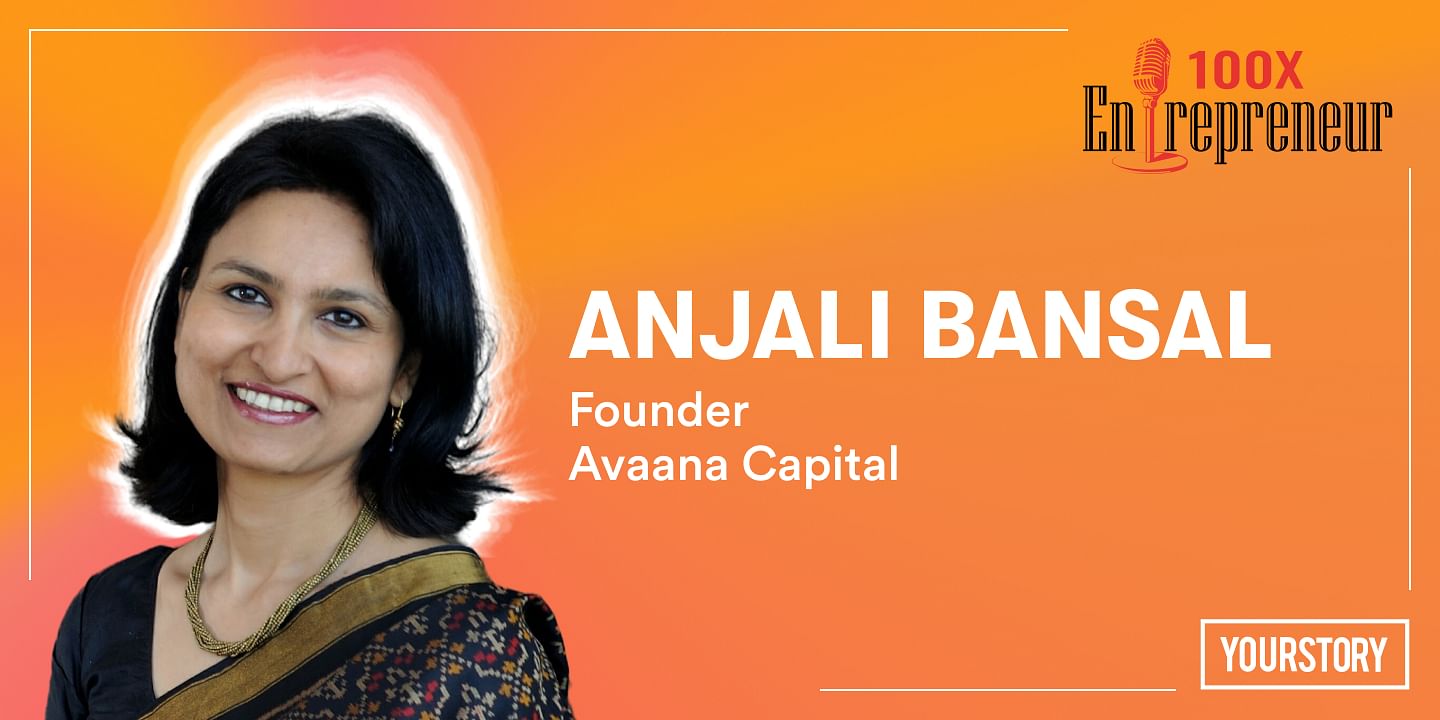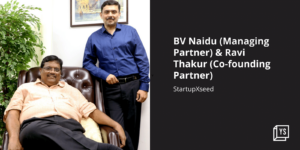The Indian startup ecosystem will not forget the year 2021 in a hurry, as many startups with humble beginnings culminated into unicorns and some even made it to the bourses. The latest entrant to the coveted $1billion valuation is Bengaluru-based fintech startup, , as it raised $220 million from Tiger Global this week. With this, India saw 41 startups enter the unicorn club in 2021.
While one may wonder how unicorn-like it is to be a unicorn today, it begs the question whether the startup ecosystem is witnessing a sustainable growth or a bubble.
In a conversation with Siddhartha Ahluwalia, Founder and Host of , Anjali Bansal, Founder of Avaana Capitalsaid, “I think there are always cycles – we are probably towards the top of an upcycle. Will there be some volatility? Absolutely. At the same time, the momentum will absolutely continue. So, volatility may create some uncertainty in the short term but despite this, I think the momentum is here to stay.”
According to Anjali, who has been part of the startup ecosystem in its nascent stage a decade ago, India is on the convergence of some very powerful trends, buoyed by entrepreneurial talent, availability of capital and technology.
India’s policy regime that enables a large public digital infrastructure of 1.3 billion people with a biometric unique ID – also puts it in a unique position. This means consumers of anything are identifiable, discoverable, and serviceable. Case in point the seamless digital payments option in the country with a system like UPI.
“In the last several years, we have seen the emergence of several new business models just riding on the UPI rails, and hence new unicorns emerging as well. Similarly, there is work going on to create a unique health ID, like the unique Aadhar ID…So I think the momentum is here to stay,” she said.
Startups ringing in the milestones and readying for the next phase in their journey is also a great deal of inspiration for investors, fellow and aspiring entrepreneurs, as well as the naysayers.
“Nykaa, in some ways, has had such an inspiring journey – having known Falguni for a long time, and seeing a very, very successful woman at the top of her career as a banker give up what she’s done in her entire career, and go into a completely new field was so inspiring. And I’m just privileged to have had the opportunity to be a part of the journey,” she added.
But what sets the founders of unicorn and IPO-ed startups apart? Anjali believes a tremendous learning agility, humility, incredible focus are key qualities.
“One of the things I find in some of the best founders is tremendous learning agility. So, they’re constantly learning, taking cues from their environment, and able to make an agile shift in a thoughtful way. They are not just randomly pivoting all the time but actually using data and analysing very rapidly,” she added.
Investing in a dynamic startup ecosystem
Investors tend to get excited by unique ideas but investing in the idea and not the team is a common mistake.
“There are many ideas but it’s ultimately about execution. And we cannot be wishful in our thinking that this team will solve my vision. It has to be their dream and their vision and ultimately, their execution capability,” she said.
The funding landscape too is changing as the market competes with global funds and speed has become paramount. When asked how one identifies between a good storyteller and good executioner in a short span of time, Anjali said the process involves a lot of referencing and thorough diligence done quickly. “The last bit is always a leap of faith,” she quipped.
However, the tables have turned and today, founders are rejecting fund managers and making their pick.
She said that one must stay abreast of all the developments and market-specific trends. For Anjali, that learning happens through just talking to founders, to entrepreneurs, to policymakers, large companies, and other fellow investors, and reading.
All this gives a sense of what is really happening in the world and not just in the world of tech and investing, but in society and politics too. It gives an insight into “how that is likely to translate into what society at large will look like in the years to come. And that’s really where opportunities sit.”
To know more, listen to the entire podcast here.
00:40 – Intro and background
02:55 – Working at ISRO and early career
04:59 – Ideology behind Avaana Capital
08:22 – Is the Indian startup ecosystem in a bubble?
17:21 – Common patterns and learnings from the winners
20:50 – Mistake: Investing in the idea and not the team
22:44 – Ability to move quickly as a fund
34:49 – Learnings from early-career at Mckinsey
36:29 – Potential in Indian startups
41:01 – What all she prefers to read on a daily basis










